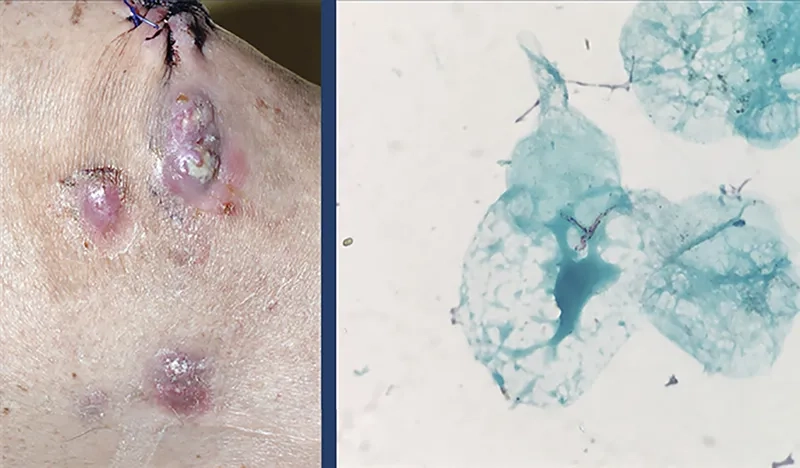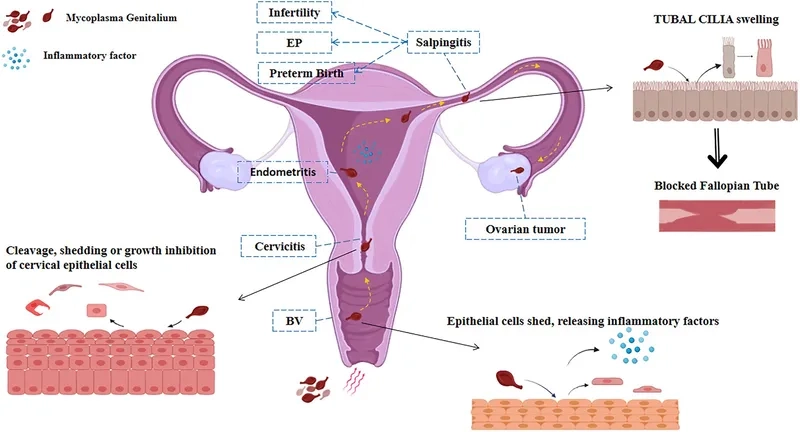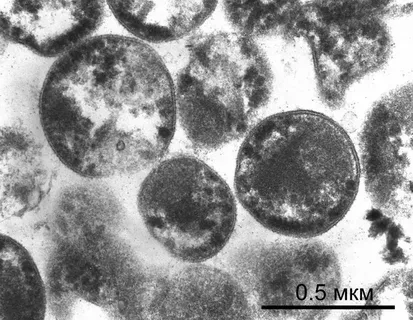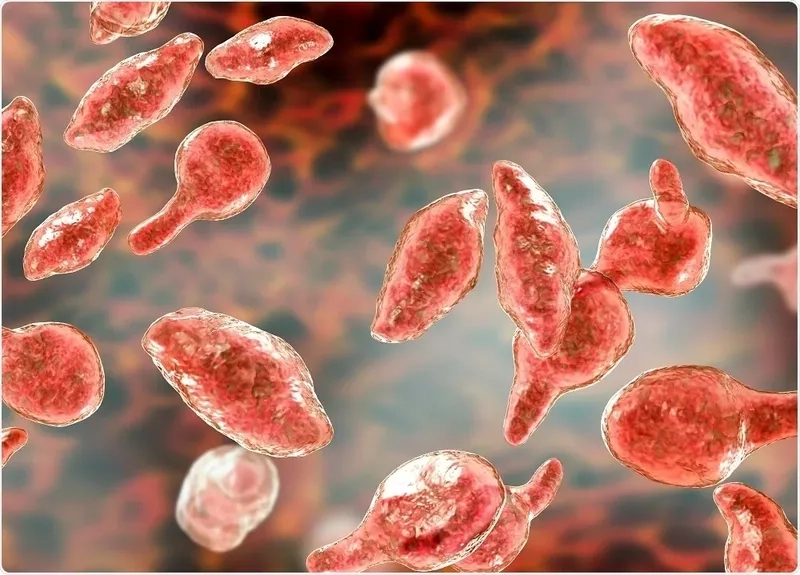Often mistaken for chlamydia, Mycoplasma genitalium (Mgen) is a growing concern due to antibiotic resistance. Don't overlook this stealth STD; understanding its symptoms and testing is crucial for your sexual health and effective treatment.
What are the main causes of Mycoplasma genitalium Infection?
- The primary cause is the transmission of the Mycoplasma genitalium bacterium during unprotected vaginal, anal, or oral sexual contact with an infected partner.
- As a sexually transmitted disease (STD), it spreads through direct genital contact, not through casual means like sharing toilets, towels, or swimming pools.
- Transmission can occur even if the infected person shows no symptoms, making consistent use of condoms a key factor in reducing its widespread transmission.

Key symptoms of Mycoplasma genitalium Infection to watch for
- Many individuals with Mgen have no symptoms, but when they do occur, they can be mistaken for other STDs like chlamydia, causing misdiagnosis.
- In men, symptoms of urethritis may include watery discharge and a burning sensation during urination, while women may experience cervicitis with unusual discharge or pain.
- If left untreated, the infection can potentially lead to more serious complications like pelvic inflammatory disease (PID) in women, which may affect fertility.
How can you prevent Mycoplasma genitalium Infection effectively?
- Consistently and correctly using condoms during any sexual activity is the most effective way to reduce your risk of contracting or transmitting the Mgen bacterium.
- Regular sexual health check-ups and specific Mycoplasma genitalium testing are vital, especially if you have symptoms or a partner who has tested positive.
- Limiting your number of sexual partners and having open conversations about sexual health history can further lower your risk of exposure to this and other STDs.
>>> Read more here: Gonorrhea - Key symptoms, testing, and treatment options
Image of Mycoplasma genitalium Infection





>>> Discover more: Human papillomavirus (HPV) infection - A guide to symptoms, vaccines, and cancer risk
Due to rising antibiotic resistance, accurate diagnosis and correct treatment are more critical than ever. Consult your healthcare provider for Mycoplasma genitalium testing and to discuss the most effective treatment plan, which may involve moxifloxacin.
>>> See more: Lymphogranuloma venereum (LGV) - An often-missed STI





